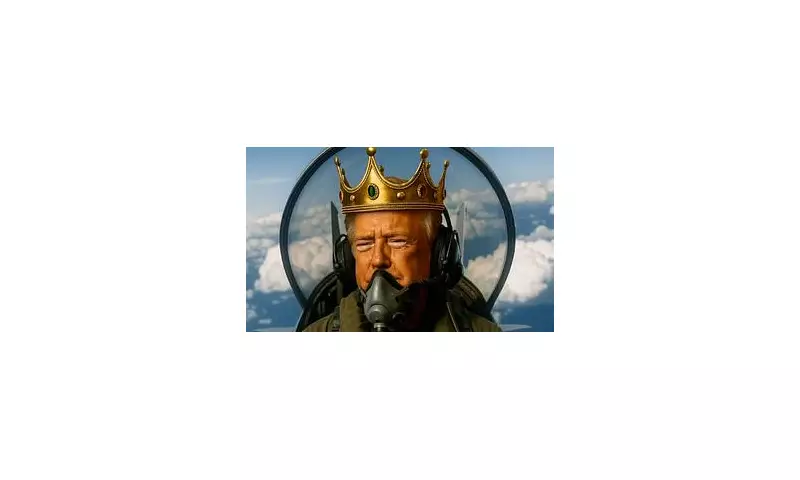
In a disturbing development that blurs the lines between political protest and digital manipulation, an AI-generated video of Donald Trump has surfaced online, specifically targeting 'No Kings' activists during their controversial London demonstration.
The Shocking Deepfake Emerges
The sophisticated fake footage shows what appears to be the former US president delivering a message aimed at protesters who recently made headlines for throwing human faeces during an anti-monarchy rally. The video's uncanny realism has raised alarm bells among cybersecurity experts and political analysts alike.
Protest Methods Spark Controversy
The 'No Kings' group had already drawn widespread condemnation for their extreme protest tactics, which included hurling excrement during demonstrations against the monarchy. The addition of AI-generated political figures to the controversy adds a dangerous new dimension to an already volatile situation.
Experts Voice Concern Over AI Misuse
Technology analysts warn that this incident represents a significant escalation in the weaponisation of artificial intelligence for political purposes. "The creation of convincing deepfakes featuring prominent political figures to interfere with legitimate protest movements sets a dangerous precedent," explained Dr Eleanor Vance, a digital ethics researcher at University College London.
Political Fallout and Reactions
The video has sparked outrage across the political spectrum, with concerns mounting about potential foreign interference in British democratic processes. Security services are reportedly investigating the origins of the AI-generated content and its intended impact on public discourse.
Broader Implications for Democracy
This incident highlights the growing threat posed by advanced AI technology to political stability and public trust. As deepfake technology becomes increasingly accessible, experts worry about its potential to undermine genuine political movements and manipulate public opinion.
The Metropolitan Police have confirmed they are aware of the video and are working with cybersecurity experts to assess its origins and potential legal implications.





